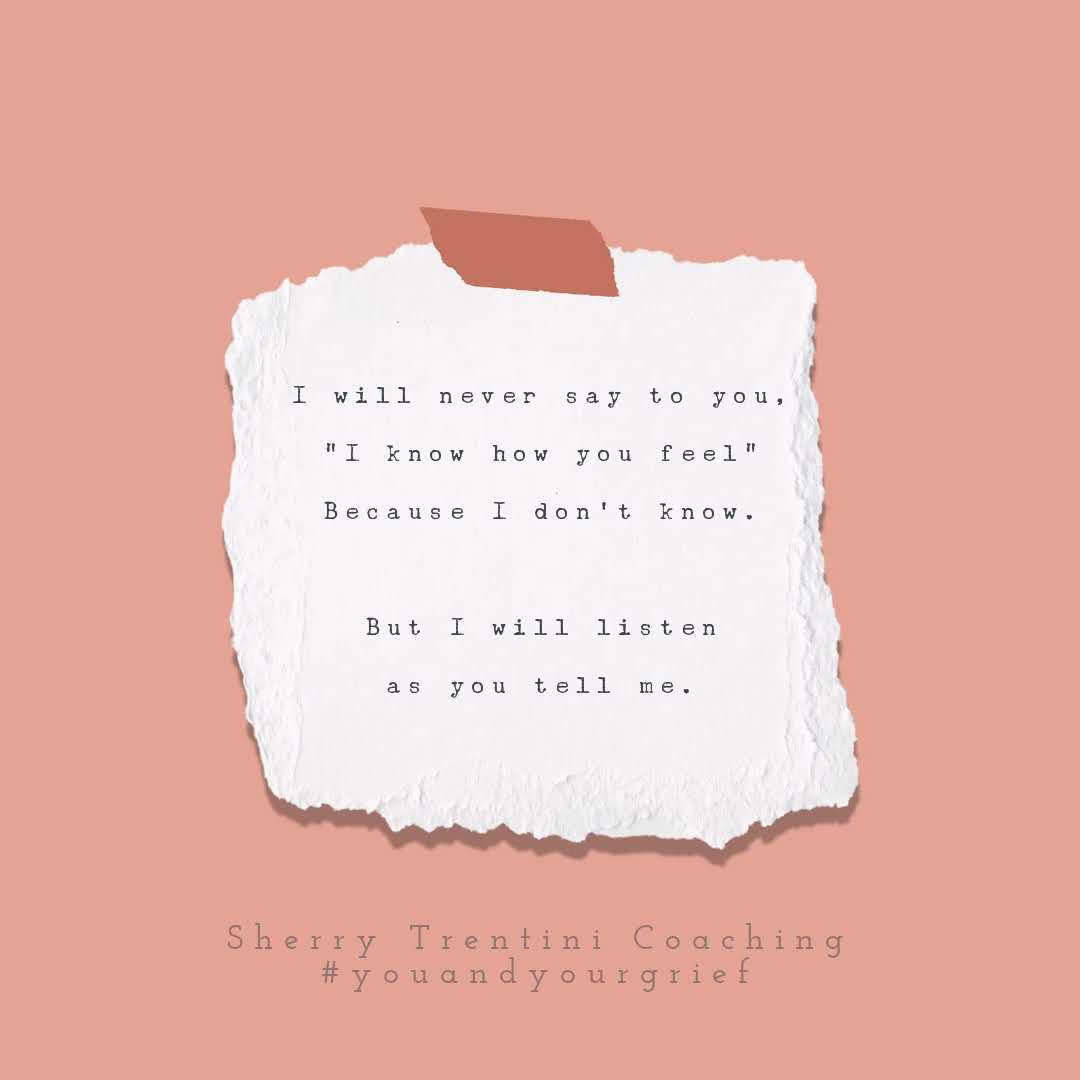
The journey of watching our parents age is filled with complexities, including the often overlooked aspect of anticipatory grief. It's a profound and deeply emotional experience, marked by the gradual realization of our parents' mortality and the inevitable changes that come with aging. Anticipatory grief involves grappling with a myriad of emotions—sadness, fear, and uncertainty—as we confront the prospect of losing our loved ones and witnessing their declining health and vitality. Yet, amidst the sorrow, there's also an opportunity for deep reflection, appreciation, and love.
Let's open up the conversation about anticipatory grief, offering support, understanding, and empathy to those navigating this challenging journey. Who else can relate to this profound aspect of life?
So let’s open up the conversation about it—
**Feel free to substitute parent with any other person and or a pet.
Pivotal Life Events
Major health changes – physical, mental and emotional health, and it may be either positive or negative. This is not limited to your own health, but how the health of another affects you, your life, and your relationship.
As I read the comment section of the above Instagram post, a great number of them referred to the fact that “they thought they were alone in feeling (anticipatory) grief”, and you could almost feel their relief in knowing they weren’t.
Grief can be Isolating
Perhaps you heard as a child, “if you are going to cry—go to your room”.
That is one of the myths of grief; that if you are grieving, do it alone.
Another misconception of grief is that you “must be strong for others”. Essentially, telling you to compartmentalize and detach from what you are feeling.
Seeking safe connection when feeling overwhelmed by watching your parent(s) age is self-love. Safe connection doesn’t mean that the person you are connecting with has to have first hand experience with what you are going through. Safety comes from knowing you can express yourself to someone who is going to listen, without them feeling they need to fix, and you feel heard.
We cannot heal in isolation, healing happens when we come into safe experiences of connection.
Your Experience
Grief is a normal experience when dealing with a significant change in life, or one that you are anticipating.
Addressing the conflicting feelings and emotional pain, can go a long way in helping you be present; in your own life and in the relationship with your parent(s) going forward.
Tell me about your experience with anticipatory grief, I’d love to hear more.
Let’s carry on the conversation. I’m all ears.





